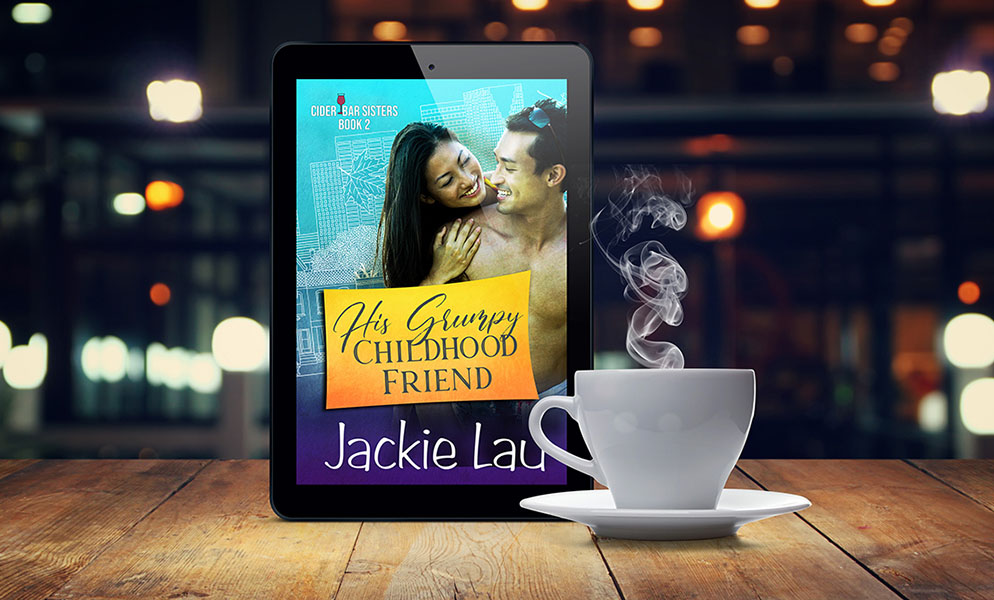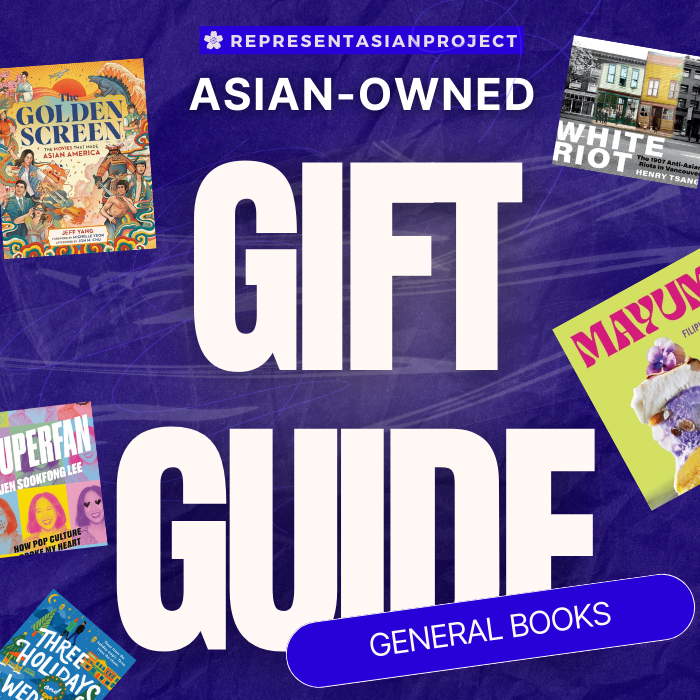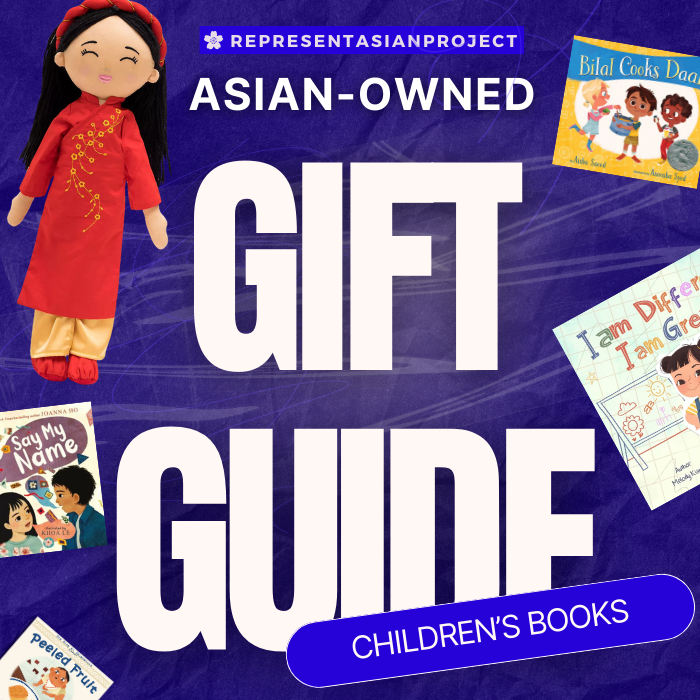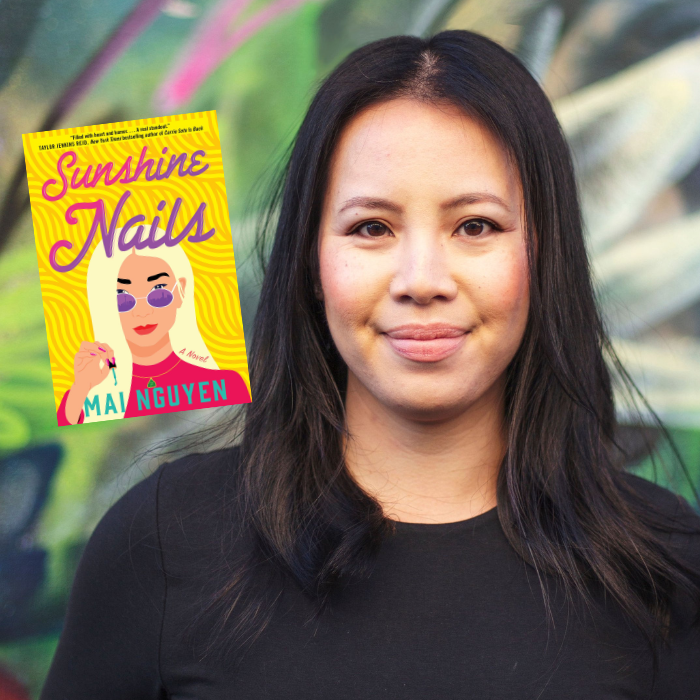BIPOC people gracing the covers of romance novels (or any other genre, really) is rare, almost as rare as BIPOC names embossed on the spines of romance books. The 2019 edition of The Bodice Ripper’s annual State of Racial Diversity in Romance found that for every 100 books published by the leading romance publishers in 2019, only 8.3 per cent were written by people of colour.
Despite being an incredibly lucrative genre一it generates an annual revenue of a billion dollars in the US一the romance genre has a diversity problem, underscored by the unraveling of the Romance Writers of America’s (RWA) board this past winter that led to the 2020 RITA awards (the Oscars of the romance genre) being cancelled.
However, there are an increasing number of BIPOC romance authors一like Alisha Rai, Alyssa Cole, Courtney Milan, Farah Heron, Sonali Dev, Helena Hoang, to name a few一who are walking on the path forged by Beverly Jenkins who slowly changed the landscape of the romance genre. Among these authors is Jackie Lau, a biracial, Asian-Canadian author who writes romantic comedies set in Toronto featuring Asian-Canadian leads.
Lau wrote chick-lit and erotic fiction as Laura Jardine before self-publishing her debut novella, Grumpy Fake Boyfriend, as Jackie Lau in 2018. Grumpy Fake Boyfriend was soon followed by Mr. Hotshot CEO and Lau has since published 13 books. Her latest novella, Her Pretend Christmas Date, was released on December 8th.
Despite wanting to be a writer since the second grade, Lau initially pursued engineering and worked as a geophysicist before turning to writing.
“I was good at math and science and I saw engineering more as leading towards a stable career. So that’s why I went into it,” explained Lau. “[Writing] was something I’d always intended to do, but not something that I thought would be a career right away.”
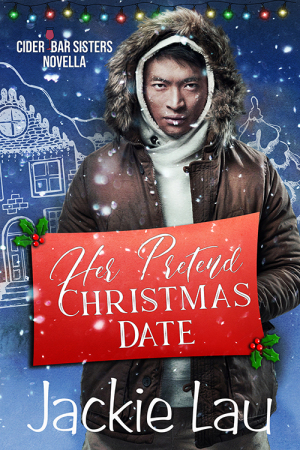
Read on to learn how Lau navigates the romance industry as a racialized author and how she incorporates her own experiences in her writing.
On her experience with Asian representation growing up
It was something, to be honest, I didn’t even think about that much. I did think about it a bit when I started writing, but still not too much, It’s just sort of something I accepted that there just wasn’t that much, I guess. Not that there was none, but there just wasn’t very much, or the stuff that I saw wasn’t stuff that I really related to a lot.
So [now], I just really like seeing Asian people on screen and reading about them in books.
On changing her author name and creating Asian characters for her books
I wrote a bunch of different stuff under my first pen name. It was mainly aimed at small e-book-first romance presses and I never really had much success with any of them. Some of it was more romantic comedy, some of it was more erotic, and I sold to several different publishers, but the books never did very well at all. So I sort of just wanted to start over and have like a more clear brand when I self published. That’s why I changed pen names. I didn’t really feel like I had any readership to lose by starting a new pen name.
When I first started writing, I didn’t really write Asian leads because I didn’t see it very much and I was also afraid because I wanted to sell it to a publisher; I was chasing what I thought would be most marketable. Over time just being in the romance community, I was just sorta like, “You know, I really want to represent people whose experiences are more like me.” When I started under a new pen-name, I [decided], explicitly, at least one of the main characters was going to be Chinese Canadian in every book.

On her experience working with publishers and why she chose to self-publish her books
I had sold this book to [a publisher and] then they shut down. So I sold it to another publisher and we went through all the edits, which wasn’t a very good experience because my editor was basically sort of rewriting my words. So it just didn’t sound like me anymore. The book was supposed to come out and we were starting to work on edits for the second book, at which point I had requested a new editor because I didn’t like what she was doing, but at the same time, the CEO said, “I don’t know if you should be publishing books like this.”
And I had also at the same time sort of talked about self-publishing and write Chinese-Canadian characters. And she was sort of like, “Well, they can’t be too Chinese. Like if they just happened to be Chinese, it’s okay,” and all this sorta mildly racist stuff. Then there was also another editor at the same publisher who’d read something else I’d written, which she didn’t like. And she had valid reasons for some of it, but she also told me some things that were problematic. So there’s just a whole series of bad experiences with that publisher that made me, like, “There’s no way that self-publishing can be worse than this.”
I think that self-publishing has definitely helped many non-white writers publish their books and, and find a readership. I do think [the number of BIPOC authors is] still pretty low. It’s still only like six to seven per cent of books published by major publishers are by people of colour, so it’s definitely still not great in publishers, but it does seem to be getting better.
It’s [also] partly people realizing like,”Wow, this stuff does actually sell.” Like they sort of assumed that there was just no market for it and now they’re sort of seeing that there is. I still don’t think that they fully appreciate how big the market is in some cases but I think there’s more acknowledgment of that.
On the challenges she has faced as a BIPOC author in the publishing industry and what needs to change
I think the fact that I didn’t even seriously consider writing Asian leads at the beginning or that I saw it as a barrier to getting published is definitely one way [systemic racism in the publishing industry has] affected me.
I do think editors and people working at publishers [are] still pretty white. The gatekeepers and people working on editing books are still overwhelmingly white. Sometimes you see these books that are just so problematic get published and get sold and you’re like, “Well, many people had to approve this, how did nobody think of this?” And I do think that having more nonwhite people working in the publishing industry would help. I think there are more remote positions than [there] used to be, which is helpful because so much of publishing was based in New York and New York’s very expensive [and] internships are often unpaid, [which] made it very inaccessible to a lot of different people. So I do think that’s a little bit better now. We need more diverse editors and people working in publishing and marketing.
On her experiences with mental health and incorporating them into her work
I’ve been depressed continuously since I was 17. Right now I’m in a pretty good place relative to most of my adult life but I still suspect something is not quite right. My mom killed herself in 2010. That is, not surprisingly, a very difficult thing to deal with, especially when you’re already suffering from depression. I sort of feel like a lot of my adult life has been learning how to manage and cope with my depression and that sort of affects how I approach writing.
Mr. Hotshot CEO [has] a heroine who has recurring depression. My depression has always been more chronic. My mom was basically on like a 10-year-cycle where every 10 years…she had a really bad depressive episode. And so that’s sort of what that character’s experience is like.
I never want to write a character in the middle of a really bad depressive episode, first of all, because I write more romantic-comedy so I just don’t think it would really fit, but also it’s just too hard for me emotionally. So that character is relatively well at the time, but…she can sort of feel herself approaching a depressive episode. And she also一sort of like me一has put a lot of effort into managing her mental health.
It was a little bit difficult for me to write, but I think the choices I made, made [writing] it easier. Like I said, she’s not at her worst. And it was sort of empowering actually in a way for me…showing this character [and] all these things she does in her life to maintain her mental health and [how] that’s sort of based on what I do, too.
I sort of touched on [mental health] a bit in other books. Though in my current series, one character一though it hasn’t been clearly stated yet一she has struggled with depression and her mom, also like mine, took her own life. That’s why that book is going to be the last in the series because when I started the series, I was like, ‘I’m not sure I feel like writing this yet.’ But I do want to write it because…losing someone close to you to suicide while also suffering mental health problems yourself is not something that I’ve really seen much of.
On what advice she would give BIPOC authors looking to join the publishing industry
I think it is good to be aware of sort of the issues with racism, you know, when sending your stuff in just so you’re aware of what you might face, but you don’t always know. You know, stuff gets rejected, it might just not be very good. It’s also good to surround yourself with people who will be supportive. They don’t have to write exactly the same thing as you, but just people, you know, you can talk to about things. But sometimes, it does get pretty tough to keep going. Also, make sure you do your research on agents and publishers. They’re not all equal.
This interview has been edited for length and clarity.
Like this post? Follow The RepresentASIAN Project on Instagram, TikTok and YouTube to keep updated on the latest content.







